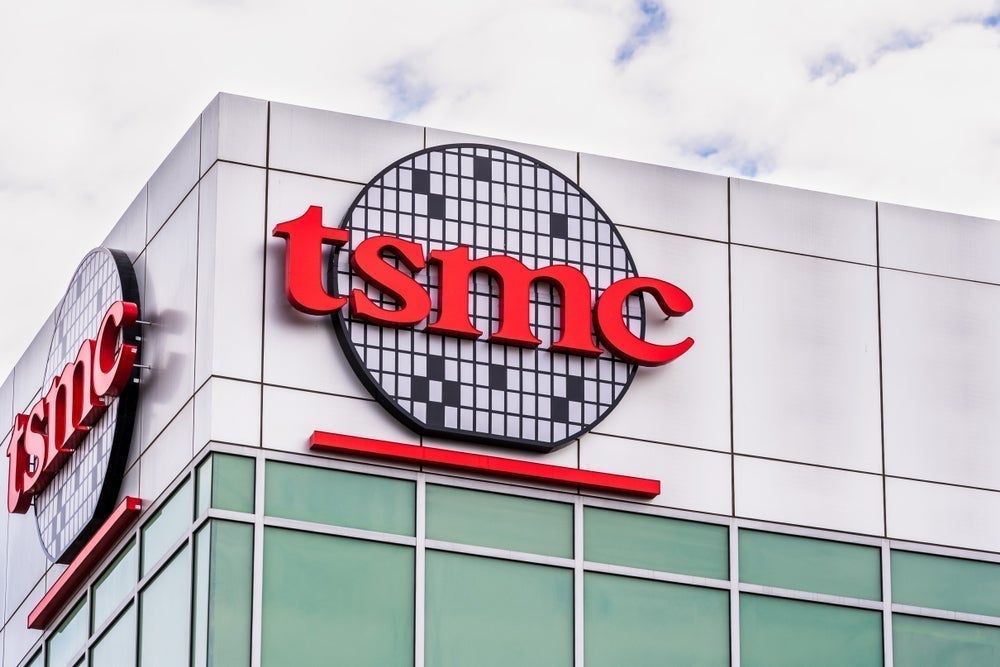As the world watches closely, TSMC (Taiwan Semiconductor Manufacturing Company), the leading semiconductor manufacturer, is making significant strides in establishing its presence in the United States, particularly through its ambitious plans for plants in Arizona. This strategic move comes at a time when U.S.-Taiwan relations are under the microscope, influenced by a myriad of political factors. Despite previous political rhetoric questioning the reliability of U.S. support, TSMC remains confident in the future of its operations in the U.S. This article delves into what TSMC’s bold move signifies for the tech industry and international relations.
The Importance of TSMC in the Global Semiconductor Landscape
TSMC is often hailed as the backbone of the global semiconductor supply chain. As the largest contract chip manufacturer globally, TSMC plays a critical role in producing chips for major tech companies, including Apple, Nvidia, and Qualcomm. The semiconductor industry is essential for various sectors, including automotive, telecommunications, and consumer electronics. Thus, any shifts in TSMC’s operations can create ripples across the global market.
The company’s decision to invest heavily in U.S. facilities represents a strategic response to several factors:
- Supply Chain Resilience: The COVID-19 pandemic exposed vulnerabilities in global supply chains, emphasizing the need for diversification and resilience.
- Geopolitical Tensions: Rising tensions between the U.S. and China have prompted companies to reconsider their manufacturing locations and partnerships.
- Government Incentives: The U.S. government has introduced various incentives to bolster domestic semiconductor manufacturing, making it more attractive for TSMC to establish a footprint in the country.
TSMC’s Arizona Facilities: A New Chapter
The Arizona plants, which are projected to be fully operational by 2024, signify TSMC’s commitment to the U.S. market. This $12 billion investment is expected to create thousands of jobs and stimulate the local economy. Furthermore, TSMC’s Arizona plants are designed to produce advanced chips using cutting-edge technology.
By expanding its manufacturing capabilities in the U.S., TSMC aims to:
- Enhance Supply Chain Security: Local production reduces reliance on overseas facilities and mitigates risks associated with global supply chain disruptions.
- Meet U.S. Demand: With increasing demand for semiconductors in various industries, producing chips closer to key clients like Apple and AMD can enhance responsiveness and lead times.
- Foster Innovation: Collaborating with U.S. tech firms and research institutions may lead to breakthroughs in semiconductor technology and applications.
U.S.-Taiwan Relations: A Balancing Act
As TSMC navigates its expansion into the U.S., the backdrop of U.S.-Taiwan relations is complex. Historically, Taiwan has been a critical ally for the U.S. in the Asia-Pacific region. However, relations have fluctuated due to various political factors, including China’s growing influence and military assertiveness.
Despite the challenges, TSMC’s leadership expresses optimism about the U.S. commitment to Taiwan. Recent statements from TSMC executives indicate confidence in the ongoing support from the U.S. government, asserting that the political landscape will not deter their plans. This sentiment reflects a broader understanding that the semiconductor industry is vital to national security and economic stability.
Political Rhetoric vs. Business Reality
While political rhetoric can be unpredictable, the business decisions made by companies like TSMC are often guided by a different set of priorities. TSMC’s bold move into the U.S. can be seen as a counter to any negative political dialogue, emphasizing the importance of economic collaboration over geopolitical tensions.
Moreover, the U.S. government has recognized the strategic importance of semiconductor manufacturing. Initiatives such as the CHIPS Act aim to incentivize domestic production and reduce reliance on foreign manufacturers. This alignment between government policy and TSMC’s business strategy creates a conducive environment for growth.
The Impact on the Tech Industry
TSMC’s expansion into the U.S. is poised to have a profound impact on the tech industry for several reasons:
- Increased Competition: With TSMC manufacturing chips domestically, competition among tech firms may intensify, leading to innovation and potentially lower prices for consumers.
- Job Creation: The establishment of TSMC’s facilities in Arizona will create thousands of jobs, contributing to local economic growth and skill development in semiconductor technology.
- Advancements in Technology: Proximity to U.S. tech giants can foster collaboration, leading to advancements in semiconductor technology that can benefit various sectors.
Future Outlook: A Collaborative Approach
As TSMC navigates the complexities of U.S.-Taiwan relations, the company’s future looks promising. The semiconductor giant’s commitment to investing in the U.S. is a clear indication of its confidence in the market and the supportive ecosystem that exists. The collaboration between TSMC and U.S. firms could pave the way for innovation that drives the tech industry forward.
Moreover, as geopolitical tensions continue, it is likely that companies will increasingly seek to establish more localized supply chains to mitigate risks. TSMC’s initiatives may inspire other manufacturers to follow suit, further solidifying the U.S. as a key player in the semiconductor space.
Conclusion: A New Era for Semiconductors
TSMC’s bold move to expand its operations in Arizona amidst shifting political landscapes highlights the company’s resilience and strategic foresight. By investing in U.S. manufacturing, TSMC not only strengthens its position within the global semiconductor ecosystem but also reinforces the importance of collaboration across borders. As the tech industry evolves, TSMC’s actions could serve as a blueprint for navigating geopolitical uncertainties while fostering innovation and economic growth.
In summary, TSMC’s confidence in U.S. support, despite previous political rhetoric, underscores a critical moment for both the tech industry and international relations. As we look ahead, the implications of TSMC’s expansion will be felt across multiple sectors, marking the beginning of a new chapter in semiconductor manufacturing.
See more Future Tech Daily

